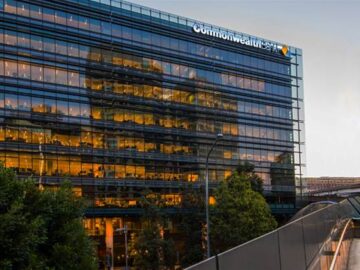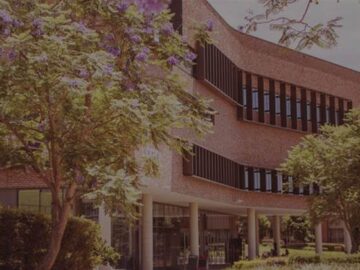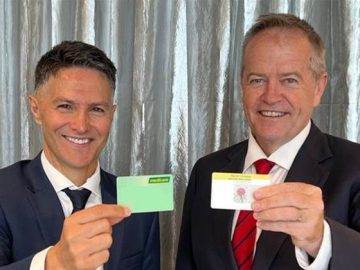Super Retail Group has invested $10 million into capabilities that will allow it to launch new loyalty programs and generate personalised offers to its customers by using first-party data.
The company, which owns brands such as Boating Camping Fishing (BCF), Macpac, Rebel and Supercheap Auto, reported its group and unallocated costs reached a total of $19 million, $9 million higher than the prior comparative period due to an additional $10 million in operating expenses.
It also saw total online sales reach $236 million, representing 12 per cent of group sales.
Total group sales for the first half hit $1.96 billion and were 15 percent higher than the prior comparative period.
Group managing director and chief executive officer Anthony Heraghty said “record sales” of $1.96 billion were “driven by a very strong black Friday and Christmas trading period.”
He added the group now has a total of 9.7 million active customers, representing 72 percent of total sales, stating “they are significant assets”.
“We think this customer stickiness bodes well for the earnings resilience of the group throughout the economic cycle,” he said.
“That’s why we continue to invest in our capability customer loyalty, and data analytics”.
Its ‘click and collect’ sales comprised 49 percent of group online sales and while there was a significant uplift in online sales during Covid-19, he said “customers are normalising returning to stores”.
“While we expect that over time [that] online sales, especially delivery sales, will resume at an upward trajectory, these numbers give confidence that our national network and our customer focus team members continue to represent valuable assets to the group and own omni strategy,” he said.
Heraghty said Super Retail Group is looking to improve “our understanding of key value items, traffic drivers, cross sellers [and] profit generators” and to reflect that in its “pricing architecture”.
It also saw an investment in workforce planning systems “to optimise our store rostering [and] develop new ways of working” as a way to partly offset the impact of rising inflation “by improving our operating efficiency”.
Between its store development program and investment in omnichannel, loyalty and digital capability, Heraghty expected Super Retail Group will incur $125 million of capital expenditure in FY23.
Heraghty said the SGR corporate strategy is “unchanged” since being introduced in November 2019.
“Core focus is on the core four brands, leveraging our ‘closeness to customer’, connecting our omni retail supply chain, simplifying business and excelling in retail.”
SRG reported its strategy remains on track to build the required engines to support personalisation and customer loyalty capabilities.
Heraghty said a personalisation trial continues at its BCF retail operation, reaching about 50 percent of club members.
Super Cheap Auto
Heraghty said Super Cheap Auto delivered “an excellent first half result, reinforcing the reliability of the auto category and the continued strength for the super cheap brand”.
Its total sales increased by 18 percent to $729 million, with online sales of $58 million represented eight percent of total sales.
Click and collect represented 73 per cent of online sales.
Rebel
Heraghty said that “among other first half highlights”, sports retailer Rebel relaunched its website in October as its total sales increased by 13 percent to $682 million.
Online sales came in at $107 million, 16 percent of total sales. Click and collect accounted for 34 percent of online sales.
BCF
The Boating, Camping, Fishing (BCF) brand delivered “strong top-line results” according to Heraghty with total sales increasing by seven percent to $448 million.
Online sales of $52 million accounted for 12 percent of total sales, while click and collect represented 63 per cent of online sales.
Macpac
Total sales increased by 55 percent to $101 million with the company noting La Niña weather conditions helped drive strong growth in insulation and wet weather apparel sales.
Online sales of $19 million represented 18 percent of total sales, while click and collect represented 17 percent of online sales.




